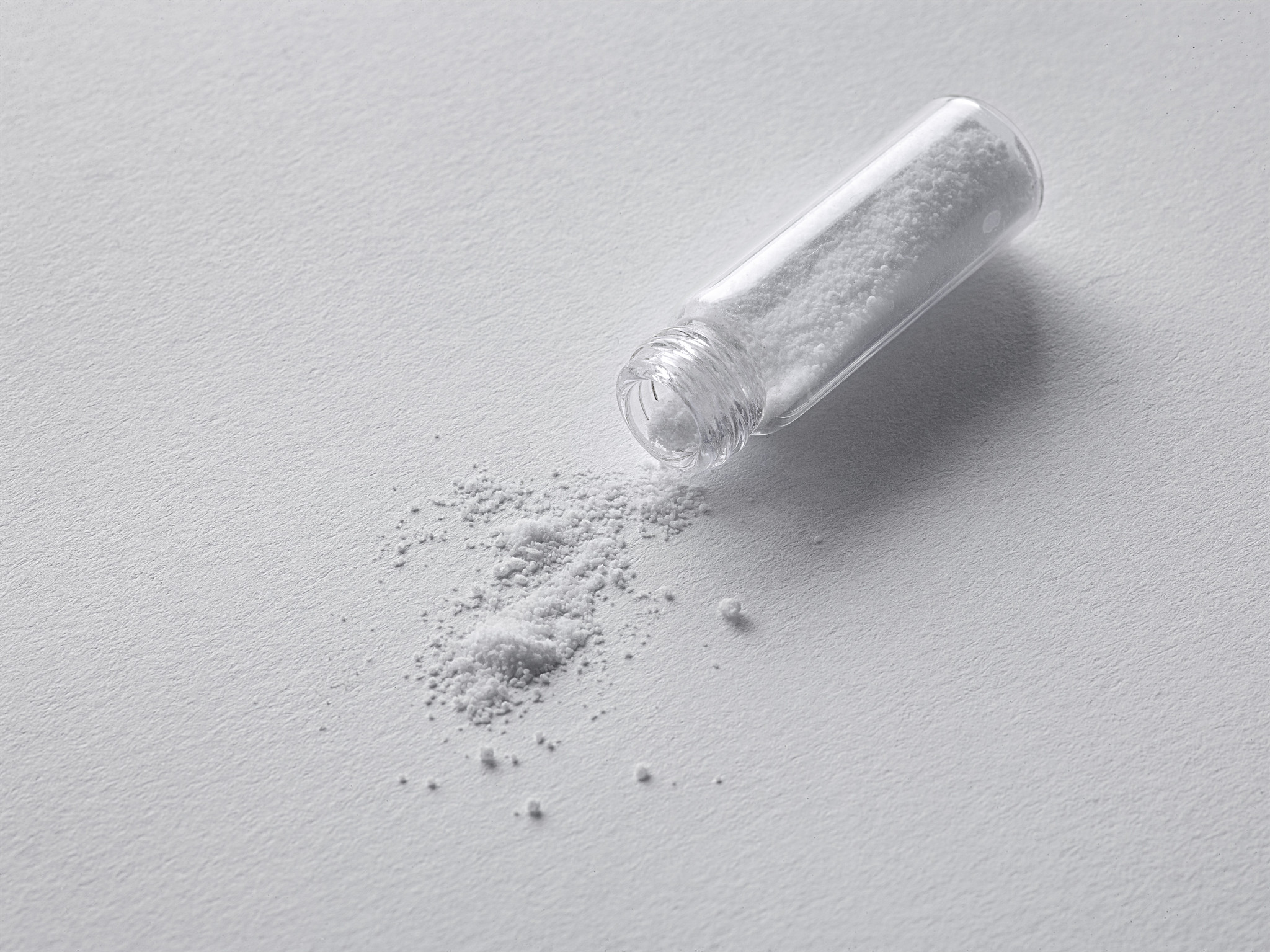Among prohibitionists and proponents of the drug war, drug courts are touted as a means of diverting people from incarceration. But as harm reductionists know, the mandatory treatment those courts impose—often on people who do not have a substance use disorder—is not evidence-based, not effective and ultimately still carceral in nature, too.
Can drug courts be meaningfully reformed? A new report argues that they can—by adopting the methods and principles of harm reduction.
Center for Court Innovation authors Alejandra Garcia and Dave Lucas outlined how drug courts can adapt their methodologies, specifically in the context of the changes being wrought by the COVID pandemic and the movement for racial justice. Their recommendations include drug decriminalization, bail and sentencing reforms and increasing awareness among elected officials that incarceration does not decrease drug use. Both authors have seen the drug court system up close as social workers.
“We have an inside perspective on how drug courts are operating and what we see across the country that can be improved by incorporating harm reduction,” Garcia told Filter. “We’re taking a look at the nuances in these practices and thinking about how we can improve them.”
Arguably the most important change drug courts can make is to abolish the use of jail time.
Courts should begin by changing their relationship with participants—inviting them to design their own treatment goals with medical professionals, rather than handing down requirements decided by judges and lawyers with no medical expertise. The evidence Garcia and Lucas analyzed shows that collaborative treatment plans, centering participant input, are more effective than non-collaborative plans.
Drug courts must also change how they view the concepts of use and abstinence. Criminalizing drug use perpetuates its stigma, and paints so-called “relapse” as a moral failing. The authors recommend that instead of punishing people for recurrence of drug use, courts offer additional counseling or consider medically appropriate changes to their treatment plan.
Arguably the most important change drug courts can make is to abolish the use of jail time. Currently, incarceration may be used as a punishment for participants whose urine tests positive for banned substances, or who don’t follow their agreed treatment plan. Jail is also used as “emergency housing” for participants waiting to be admitted to a court-mandated treatment program.
The authors rightly point out the absurdity of this latter use. Research shows sending drug users to jail puts them at much higher risk of overdose. Garcia and Lucas note some courts are using alternatives including community service, written assignments and court dates to “promote compliance” with their program.
“I know firsthand we can do this differently,” Lucas told Filter. “We can help and support people making changes in their lives without relying so heavily on things like drug testing and jail as a sanction.”
Drug courts aren’t only used for people charged with drug possession.
Drug courts can play a role in preventing overdose by distributing naloxone to all participants and training them on its use. Garcia and Lucas also recommend that all drug courts provide participants access to medication for opioid use disorder including buprenorphine and methadone. Many courts still hesitate, or outright refuse, to allow participants use these evidence-based, federally regulated medications. They’re also frequently banned in the housing services with which the drug courts partner.
Drug courts aren’t only used for people charged with drug possession. They are also used for people facing unrelated charges, like property crime or theft, who may want to avoid prison time by participating in a treatment program. In these cases, a history of substance use can be used to cut a deal with the prosecutor.
“We haven’t addressed all the upstream structural issues that lead people who use substances to be on the streets, be economically marginalized or be excluded from the health care system,” Lucas said. “Many of these people will end up in the criminal legal system facing jail time.”
Garcia and Lucas acknowledge the many different harms that are often linked to drug courts, and forced drug treatment especially. But they also expect drug courts are not going anywhere anytime soon.
Even in Oregon, which decriminalized all drug possession in small amounts, drug courts stay in business. “There will still be people facing one, two, three years in jail for criminal charges that relate to their substance use but aren’t necessarily possession charges,” Lucas said.
Photograph Flickr/Creative Commons 2.0.




